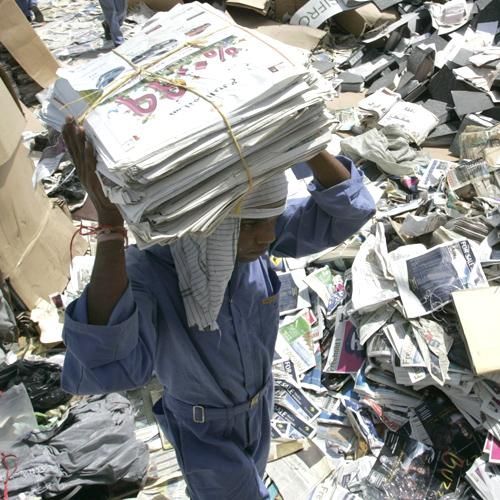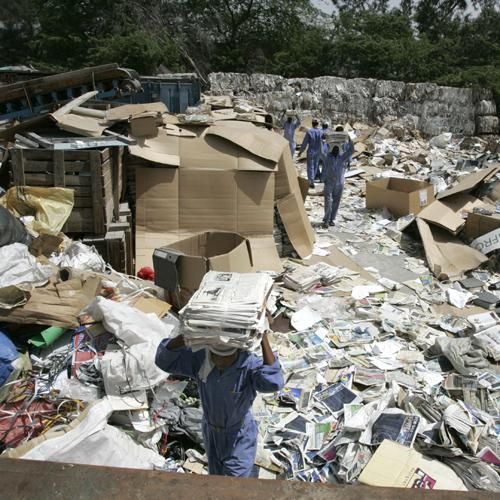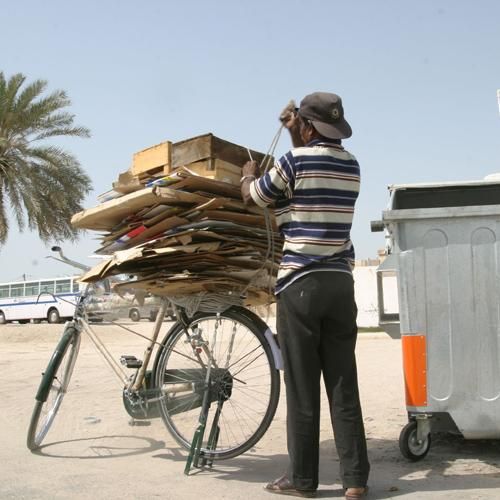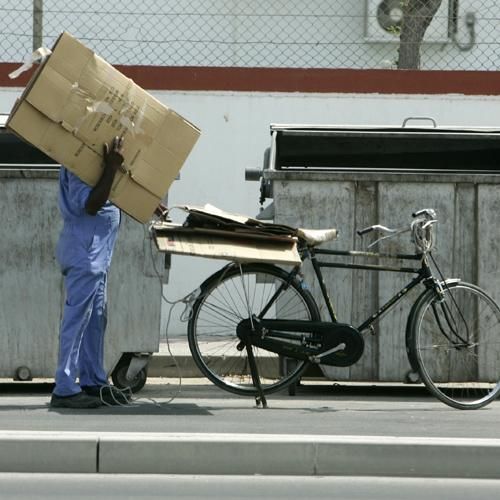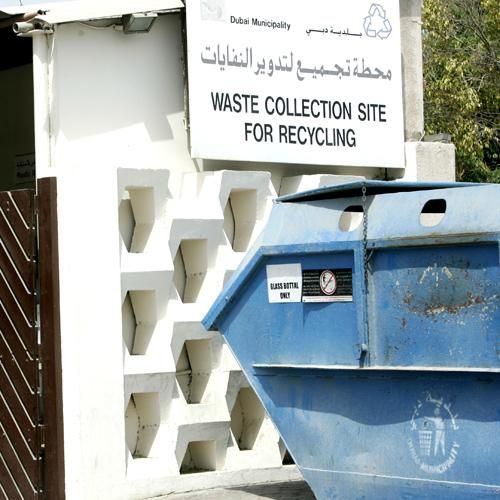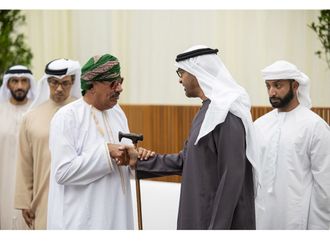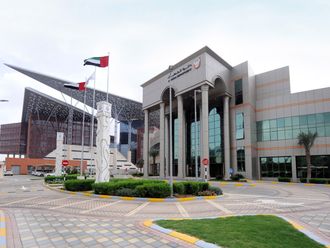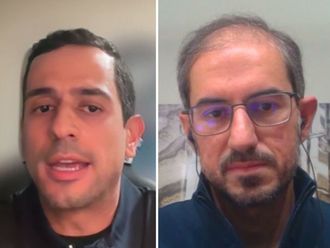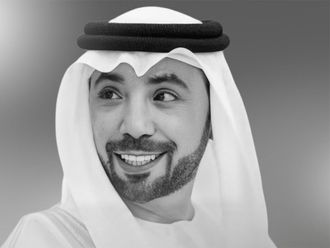Trash wars are heating up as scavengers, corporations and even so-called environmental groups line up to pan recycled gold from the daily waste stream flowing through the city.
And with the city's garbage yield growing at 17 per cent every year, the dibs for everything from plastic bottles to newspapers is intensifying.
From solid waste and industrial cast-offs to construction debris and car oil and grease, recycling is cash in the bank. According to city statistics, Dubai's total general waste has more than doubled from 4.5 million tonnes in 2001 to 11.3 million tonnes in 2005.
Dubai residents each generate, by last count, 1,676 kilograms of waste per year, making the city the worst throwaway society in the world.
With no official municipal recycling programme in place, precious recyclables jettisoned into the waste stream are up for grabs.
Private company Tadweer has the exclusive municipal waste contract to sift through 4,000 tonnes of the 7,000 tonnes of waste produced in Dubai daily.
The company is currently building a second sorting line at its new Al Aweer sorting plant, which opened last year.
Tadweer spokesperson Lina Chaaban said that the company is pushing hard to open its second line by November. A third will be added later.
With about 100 workers sorting recyclables from the city's garbage, each line is capable of processing about 1,200 tonnes per day, she said.
"We are doing the final work now [on line two] and some of the machines are coming to the site," Chaaban said.
The firm is reporting some losses due to scavengers who are retrieving valuable recyclables such as cardboard, aluminium, plastics and some paper from the city's trash bins.
Scavengers then sell their loot to small paper and metal plants in the city even as municipal regulations forbid it.
Every recyclable taken by scavengers means less recyclables at the end of the Tadweer sorting lines. And recyclables are the bread and butter that pay for the sorting plant, Chaaban said.
"Yes, at some point it does affect us," Chaaban said. "A few months ago, the scavengers got very active. They are still active but not like before."
Industrial waste is also being targeted by larger firms, making smaller firms, which depend on scavengers, very unhappy.
In late March, the municipality announced that eight million tonnes of construction waste will soon be diverted away from Al Warqaa landfill when Al Rostamani's Dh65 million recycling plant opens this year.
The amount to be recycled by the plant will amount to 3,000 trucks of waste each day.
Recycling bin
- According to municipal statistics, the number of city-owned bin lorries has tripled in the last four years.
- In 2001, Dubai Municipality operated 81 lorries for "general waste collection". That number has jumped to 240.
- The number of trips did not mirror the tripling of capital investment.
- City figures show that there were 80,504 trips in 2001. The figure climbed four years later to 97,426.
- The number of city dumpsters also jumped from 10,095 in 2001 to 15,550 in 2005.
Statistics Centre of Dubai
Rubbish that makes cash machines ring
- Paper
- Plastic bottles
- Tin cans
- Cardboard
- Aluminium cans
New Eco Park
Kuwait-based National Projects Holding Co (NPHC) is building a Dh551 million Recycling Park at the Dubai Industrial City. The facility is expected to open in 18 months.
The 140,000 square metre plant will sort out industrial waste that is expected to increase as the industrial city grows in the coming years. NPHC head Musaed Al Saleh believes the city will have 10 such plants in the future.
"We are definitely breaking new ground. I hope that this catches on because there is so much waste in the region, that if you set up another 20 of these recycling parks, there would still be enough business," he told an Arabic publication.


